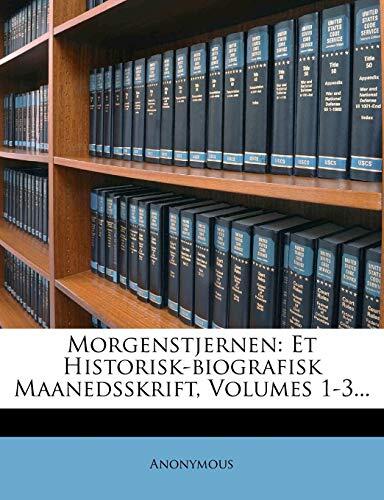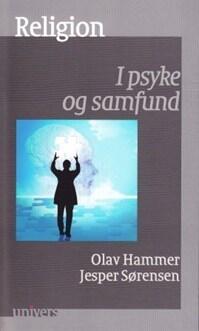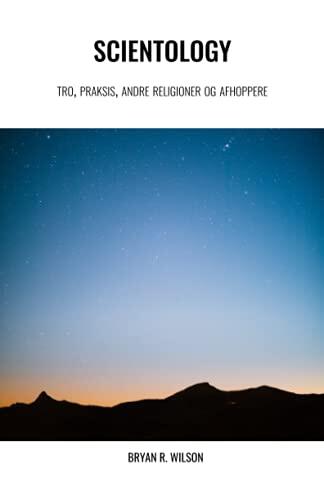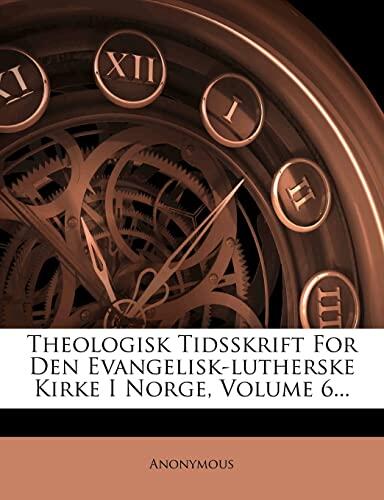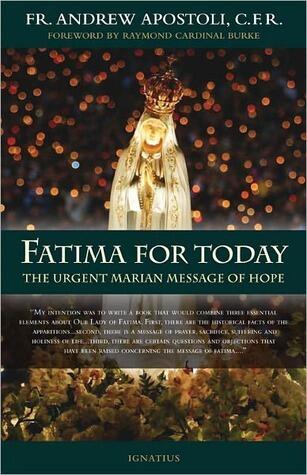
Theologisk Tidsskrift For Den Evangelisk-lutherske Kirke I Norge, Volume 8...
por
Anonymous
Aún sin calificaciones
Religion & Spirituality
Formato
Tapa blanda
Páginas
644
Idioma
Danés
Publicado
Mar 20, 2012
Editorial
Nabu Press
ISBN-10
1278533826
ISBN-13
9781278533827
Descripción
In a time when theological discourse was rapidly evolving, this volume serves as a fascinating glimpse into the intellectual currents shaping the Evangelical-Lutheran Church in Norway. The author, though anonymous, captures the essence of religious thought through a collection of essays, reflections, and discussions that resonate with ecclesiastical significance.
The content reflects the vibrant debates of its era—wrestling with faith, tradition, and societal change. Readers may find themselves drawn to the earnest exploration of doctrine and the heartfelt passion that characterizes the writings within. This is not just a historical artifact; it offers insight into the struggles and triumphs of a community seeking to define its spiritual identity.
As a reproduction of a work published prior to 1923, imperfections may exist, yet these contribute to the charm and authenticity of the volume. The occasional flaws do not detract from the richness of its content; instead, they serve as a testament to the age and significance of the ideas being conveyed.
Ultimately, the volume stands as a valuable resource for those interested in the intersections of faith, history, and culture within the Norwegian context, inviting readers to reflect on the ongoing dialogue between belief and understanding.
The content reflects the vibrant debates of its era—wrestling with faith, tradition, and societal change. Readers may find themselves drawn to the earnest exploration of doctrine and the heartfelt passion that characterizes the writings within. This is not just a historical artifact; it offers insight into the struggles and triumphs of a community seeking to define its spiritual identity.
As a reproduction of a work published prior to 1923, imperfections may exist, yet these contribute to the charm and authenticity of the volume. The occasional flaws do not detract from the richness of its content; instead, they serve as a testament to the age and significance of the ideas being conveyed.
Ultimately, the volume stands as a valuable resource for those interested in the intersections of faith, history, and culture within the Norwegian context, inviting readers to reflect on the ongoing dialogue between belief and understanding.
Reseñas
No hay reseñas aún
Sé el primero en reseñar este libro y compartir tus pensamientos
Añadir Primera ReseñaRegistro de lectura
No se encontraron registros de lectura
Empieza a rastrear tu progreso de lectura para ver los registros aquí
Agrega tu primer registro de lecturaNotas
Registro de transacciones
No se encontraron registros de transacciones
Empieza a rastrear tus transacciones de libros para ver los registros aquí
Agrega tu primer registro de transacciones
